Mozambique begins countrywide elephant aerial survey, seven years after last count
Legislation on hunting to be tightened in Mozambique – ANAC
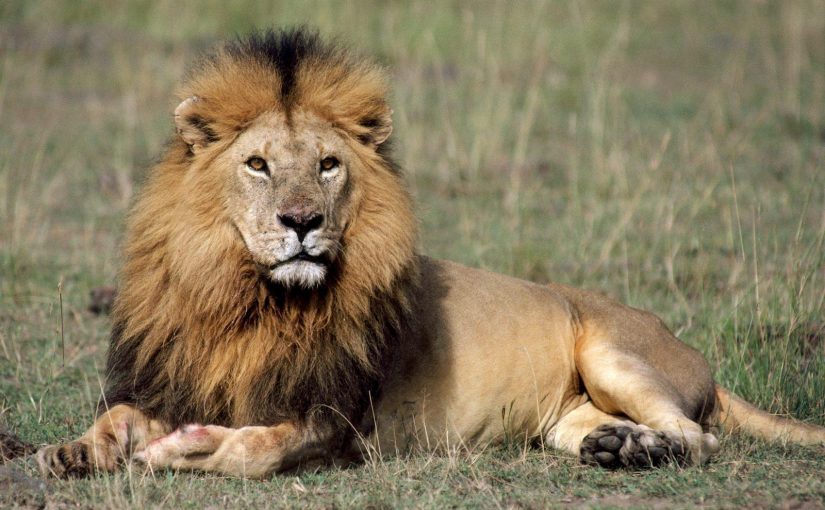
File photo
Mozambique’s National Administration of Conservation Areas (ANAC) wants to tighten the legislation on hunting in order to protect endangered species.
New measures are being introduced in draft regulations to the Law on the Protection and Sustainable Use of Biodiversity, and a set of draft regulations to govern hunting.
Representatives of various organisations working on conservation met in Maputo on Thursday to discuss the drafts, which will later be sent to the Council of Ministers for approval. This was the third such meeting: the others were held in Cabo Delgado province, in the north, and in the central province of Sofala.
“This is the final phase”, ANAC general director Bartolomeu Soto told reporters. “We have obtained comments and suggestions and we are reorganising them into a well-structured document so as to guarantee that we follow the legal procedures”.
On hunting, Soto promised a more careful system of monitoring for endangered species including leopards and lions. “For each animal that is shot, we must check its age and sex”, he said, “because we are limiting the hunting of females and of juveniles”.
The draft proposals would also ban the use of dogs in hunting leopards, and the hunting of lions and leopards will only be allowed in an area covering at least 10,000 hectares. Soto said that these and other innovations are in line with the Convention on International Trade in Endangered Species (CITES).
The proposals will also allow promotion of public-private partnerships in managing wildlife and conservation areas. ANAC argues that this sort of partnership has contributed to increasing the number of animals in the conservation areas. About half of Mozambique’s national parks already benefit from such partnerships, which have also made it possible to mobilise additional finance.
Soto said that the rise in animal numbers allowed an increase in revenue in 2016. “In the official hunting grounds”, he said, “the increase in animals allowed a better quality of hunting safaris, which resulted in increased revenue and consequently benefited the communities who obtained 20 per cent of the revenue. This rose from three million meticais (about 49,000 US dollars, at current exchange rates) in 2015 to five million meticais in 2016.
Soto said this improvement was also due to hard work in raising awareness among communities living in or near these areas not to kill wild animals, and also to stepped up activities against poaching.


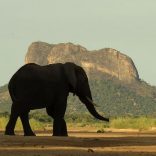

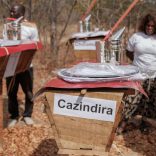

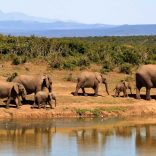
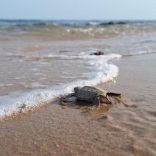





Leave a Reply
Be the First to Comment!
You must be logged in to post a comment.
You must be logged in to post a comment.